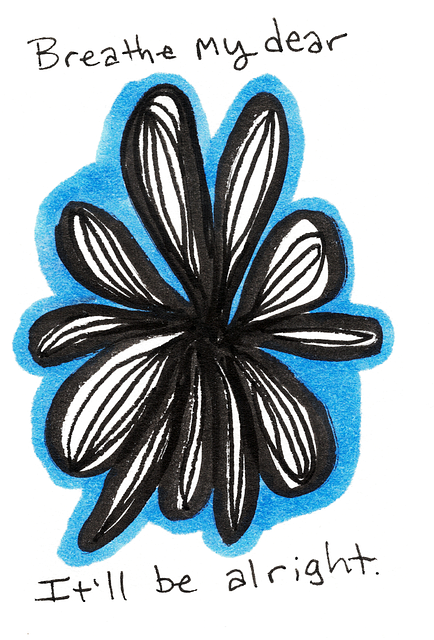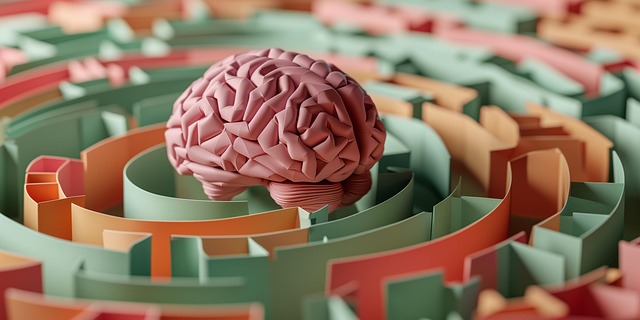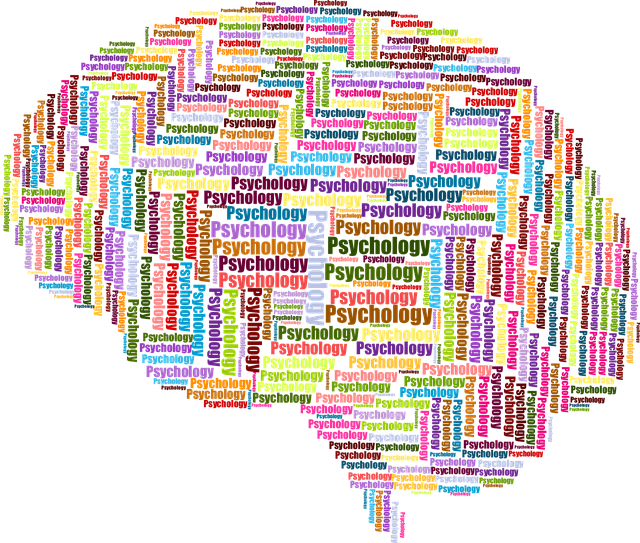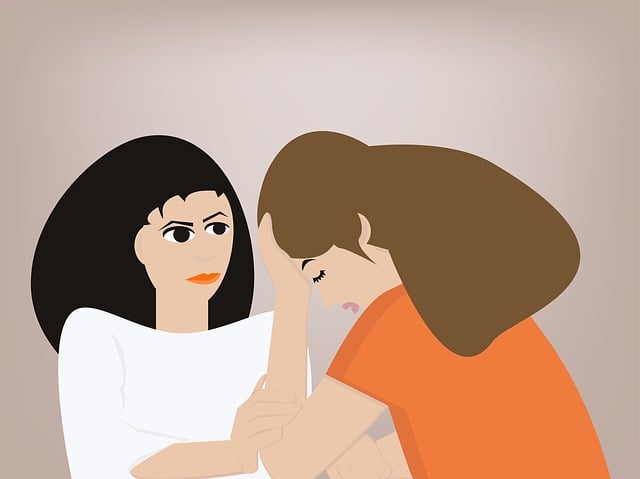Self-care is a powerful tool for those with superior learning disabilities (SLD) to manage mental health and enhance well-being. It involves self-awareness exercises, cultural sensitivity in therapy, and recognizing personal needs. SLD Therapy emphasizes tailored interventions, stress management techniques like deep breathing, and healthy habits. Daily routines including mindfulness, journaling, and social skills training improve emotional regulation. Overcoming challenges through reframing negative thoughts and structured programs enhances self-care adherence. This holistic approach, integrating SLD Therapy, addresses trauma, cultural needs, and promotes independent living skills, improving quality of life for individuals with SLD.
Self-care is an essential aspect of maintaining mental wellbeing, yet many individuals, especially those with learning disabilities, struggle to prioritize it. This article explores strategies for enhancing self-care practices, focusing on understanding its profound impact on mental health and providing practical guidance tailored to the unique needs of those with learning disabilities. We delve into effective routines, offer tips for overcoming challenges, and highlight the crucial role of Superior Learning Disability Therapy in fostering sustainable self-care habits.
- Understanding Self-Care and its Impact on Mental Wellbeing
- Identifying Personal Self-Care Needs in Learning Disabilities
- Effective Strategies for Incorporating Daily Self-Care Routines
- Overcoming Challenges: Tips for Sustaining Self-Care Practices
- The Role of Superior Learning Disability Therapy in Enhancing Self-Care
Understanding Self-Care and its Impact on Mental Wellbeing

Self-care is a crucial aspect of maintaining and enhancing mental wellbeing, especially for individuals with complex needs such as those experiencing a superior learning disability. It involves intentional actions taken to nurture one’s physical, emotional, and psychological health. By incorporating self-care practices into daily routines, individuals can improve their overall quality of life and manage stress effectively. This is particularly important given the unique challenges that come with navigating mental health issues alongside a disability.
Self-awareness exercises play a pivotal role in this process, allowing individuals to recognize and understand their triggers, emotions, and needs. This heightened self-awareness enables them to make informed decisions about their care, including seeking appropriate therapy, setting personal boundaries, and engaging in activities that foster resilience. Moreover, public awareness campaigns development can significantly contribute to destigmatizing mental health issues within diverse communities, encouraging individuals with learning disabilities to prioritize self-care and access available resources. Cultural sensitivity in mental healthcare practice is also essential, ensuring that self-care strategies are tailored to meet the unique cultural needs and perspectives of each individual.
Identifying Personal Self-Care Needs in Learning Disabilities

Identifying personal self-care needs is an essential step for individuals with learning disabilities to enhance their overall well-being. Learning disabilities can often present unique challenges, affecting various aspects of daily life, including communication, reading, writing, and problem-solving. As such, tailored self-care practices become crucial tools in managing these disabilities effectively. Superior Learning Disability Therapy emphasizes the importance of recognizing individual needs, ensuring that therapeutic interventions are personalized to foster emotional regulation and prevent burnout.
One key aspect to consider is the development of coping strategies for stress management. Individuals with learning disabilities may experience heightened anxiety or frustration during tasks that challenge their skills. Incorporating relaxation techniques, such as deep breathing exercises or sensory tools, into daily routines can significantly aid in emotional regulation. Moreover, promoting healthy habits like regular physical activity and adequate sleep contributes to a robust foundation for self-care practices, ultimately supporting individuals in navigating the complexities of their learning journey.
Effective Strategies for Incorporating Daily Self-Care Routines

Incorporating daily self-care routines is a powerful tool for enhancing emotional well-being and managing any challenges that come our way. For individuals with a superior learning disability, establishing consistent practices can be transformative. One effective strategy is to start small and create a routine tailored to individual needs. This might include dedicated time each day for mindfulness exercises or engaging in physical activities that promote stress relief. Setting aside moments for self-reflection and emotional healing processes through journaling or therapy sessions can also significantly contribute to overall mental health.
Additionally, incorporating social skills training into one’s self-care regimen is invaluable. Building and maintaining connections with others not only fosters a sense of belonging but also provides opportunities to practice communication and interaction in safe, supportive environments. Combining these Emotional Well-being Promotion Techniques within an organized routine allows for better management of symptoms and an improved quality of life.
Overcoming Challenges: Tips for Sustaining Self-Care Practices

Overcoming Challenges is a significant step in sustaining self-care practices, especially for individuals navigating mental health journeys. It’s crucial to acknowledge that life’s complexities and setbacks can deter us from our well-being routines. However, with the right tools, these challenges become manageable. One effective strategy involves incorporating Mind Over Matter principles, which focus on reframing negative thoughts and cultivating resilience. This cognitive approach empowers individuals to view stress as a manageable entity rather than an overwhelming obstacle.
Additionally, engaging in structured programs like Stress Management Workshops Organization sessions or participating in Healthcare Provider Cultural Competency Training can offer valuable support. These initiatives provide practical techniques for stress reduction, emotional regulation, and self-compassion. By learning from professionals and peers, individuals with Superior Learning Disabilities can develop tailored strategies to enhance their self-care regimens, ensuring long-term adherence and improved overall well-being.
The Role of Superior Learning Disability Therapy in Enhancing Self-Care

Self-care is a vital aspect of overall well-being, and for individuals with learning disabilities, it can be an empowering tool to navigate daily life challenges. Here, Superior Learning Disability Therapy plays a pivotal role in enhancing self-care practices. Through tailored interventions, this therapy helps clients develop essential skills for independent living, such as time management, organization, and decision-making. By fostering these abilities, individuals with learning disabilities gain more control over their lives, enabling them to actively participate in activities that promote physical, mental, and emotional health.
Moreover, Superior Learning Disability Therapy incorporates Trauma Support Services and Cultural Competency Training for healthcare providers. This ensures that clients receive comprehensive care that addresses any underlying trauma while also considering their cultural backgrounds. Incorporating stress management techniques within the therapy framework empowers individuals to cope with life’s demands, fostering resilience and enhancing overall self-care capabilities.
Incorporating self-care practices into daily life can significantly enhance mental wellbeing, especially for individuals with learning disabilities. By understanding personal needs and implementing effective strategies, such as structured routines and overcoming challenges, one can achieve a balanced lifestyle. The role of Superior Learning Disability Therapy is pivotal in guiding individuals through this process, fostering independence, and promoting self-care as a lifelong skill. Remember, prioritizing self-care is not just beneficial; it’s essential for overall health and happiness.














